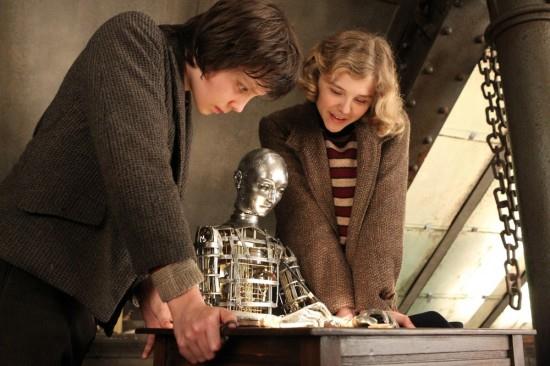We wanted to watch “Jesus Camp” that night. Our conversation topic had diverted to being scared silly at the junk extremist, fundamentalist Christians do, and someone thought this 2001 documentary they stumbled across on Netflix, “Hell House,” would be a reasonable substitute.
Although shortly into it I began to question if “Hell House” was actually celebrating the horrific acts of a group of Christians in this suburb near Dallas. Regardless of its stance, the documentary’s ambiguous editing and testimonials make it a questionably one-sided, unentertaining and uninformative film.
Each year in Texas, the Trinity Church hosts a haunted house designed to recreate sinful acts and the experience of walking through hell before aiming to convert them to the path of Jesus Christ. The house (a literal house built from scratch rather than a tent. Why don’t they use these resources to help the homeless or something?) warns against drunk driving and doing drugs, but also condemns suicide, homosexuality and abortion with punishment of eternal damnation.
Lucky parents can walk through this makeshift hellhole and see their kids grasping for life beneath glass covering a red gas filled chamber. And at the end of the tour, an authoritative black man will give you six seconds to walk through a door and pray with the church or risk dying and going to hell knowing what they now know.
An intertitle at the end of the film informs that the Hell House has attracted over 75,000 people in roughly five years with about 15,000 converting and that other churches are following suit.
I find these to be scary numbers, and the homophobia and general ignorance rampant in this organization insults and terrifies me.
“Hell House” didn’t exactly reflect my opinions, and nor should it. The documentary is all cinema-verite and doesn’t outwardly demonize these people, make fun of them or even question them, but the editing remains ambiguous.
If the film is merely a journalistic, slice of life observation designed to educate us to some shocking people, what is particularly newsworthy about these people in Dallas? I’m aware these thoughts and feelings persist in communities like this, and “Hell House” merely confirms them. Beyond that, our journey into the Hell House is an unedited glimpse of each of the various sketches, denying us the backlash of others that would better educate us or the personal touches of individual characters we can follow and identify with.
And yet if this is a social commentary documentary, it certainly doesn’t seem to be using these scare tactics to great effect. All of the people director George Ratliff observe seem to take scary pleasure in imagining hell, but then he allows them to speak in serene looking infinity backdrops as they spout standard horror euphemisms and other emotionally charged, life changing affirmations. The people who enjoyed the Hell House, such as a mother who claims she’s had two miscarriages and thought the image of a teenager bleeding out her vagina after taking a morning after pill looked realistic, are treated normally, whereas those who actually talk back to the church management seem like the demons.
The message I derived from “Hell House” is that this church is doing something admirable and that their actions will help them escape the Earth before the moment of rapture. The director may not even agree with this statement, even if the church themselves certainly does. But regardless of their positions, I take no pleasure from hearing any part of it.
1 ½ stars

